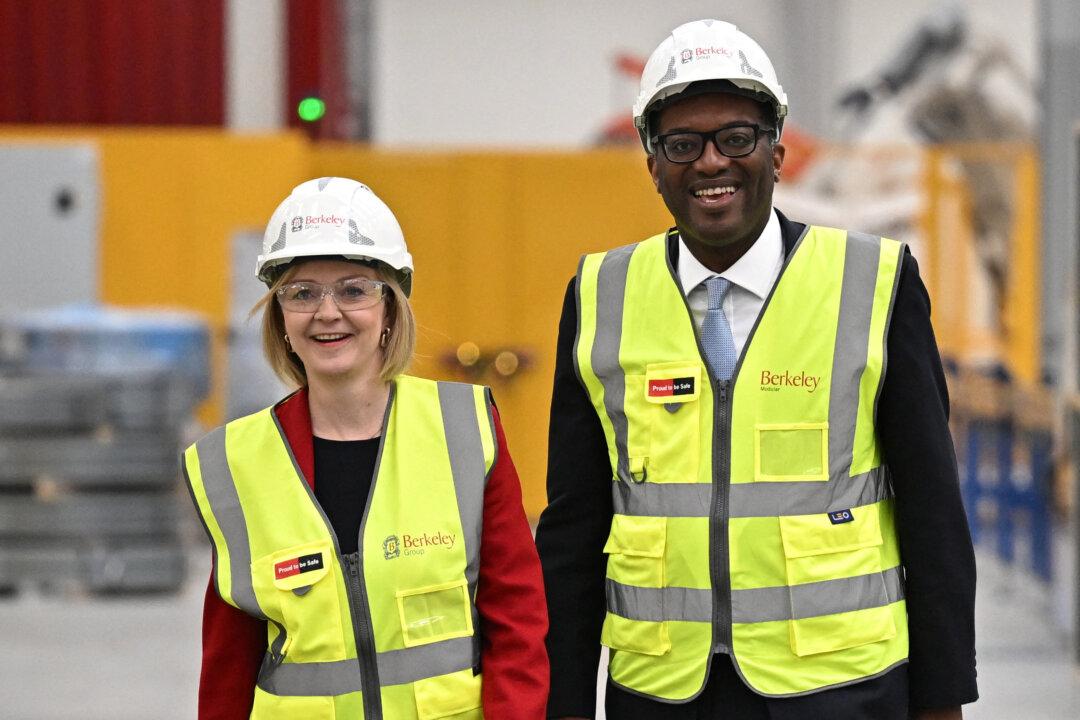The UK’s Prime Minister Liz Truss and Chancellor of the Exchequer Kwasi Kwarteng appear to be undeterred by criticisms of the government’s mini-budget amid market turmoil and calls to reverse some of the tax cuts.
Truss on Friday insisted the government had been right to subsidise energy bills and cut taxes, while Kwarteng said he will be setting out a “credible plan” to get the public finances back on track with a “commitment to spending discipline.”





